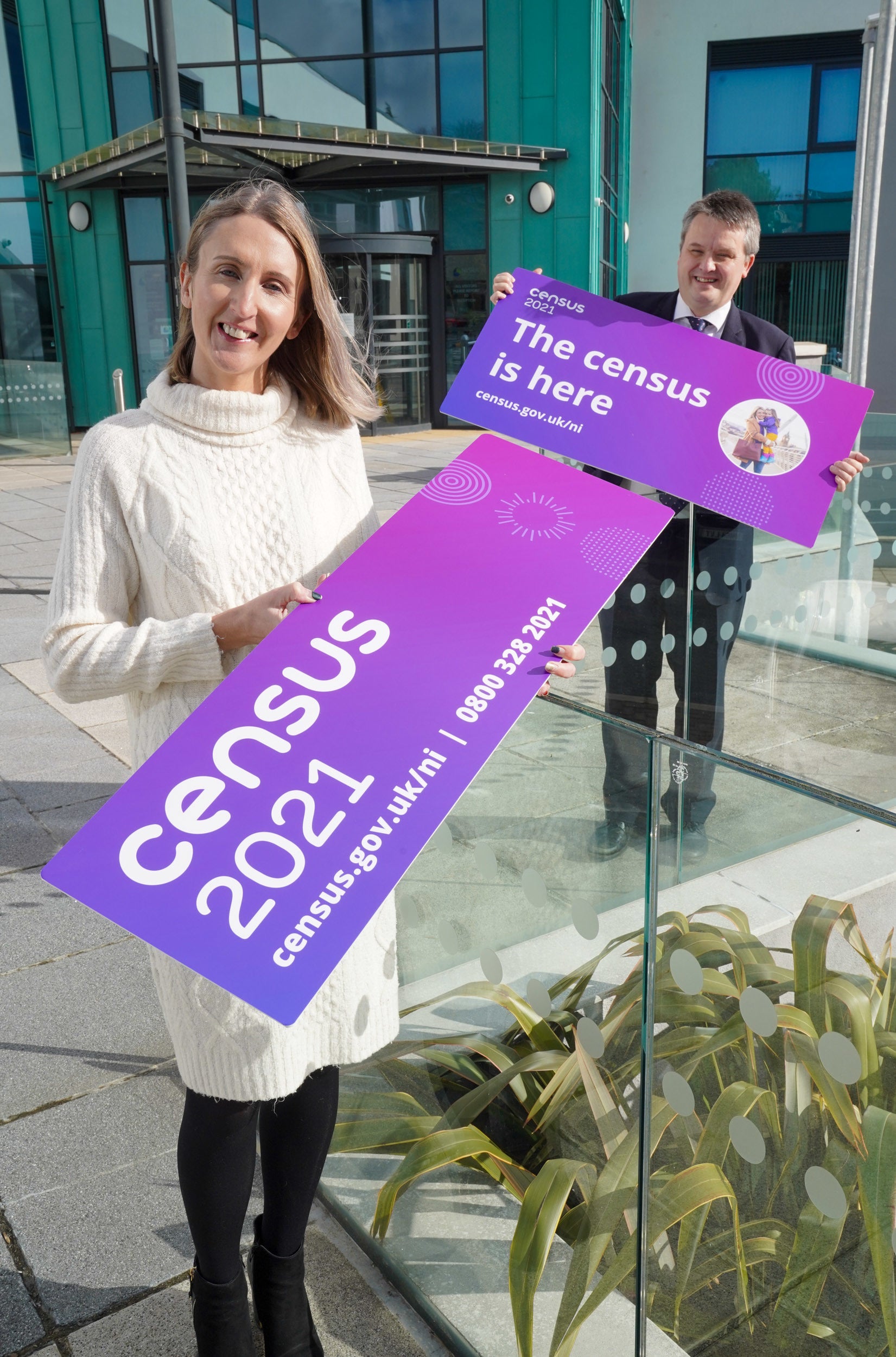Northern Ireland census data on religion and national identity to be published
Demographic trends suggest Census 2021 could be the first in the history of the region to record more Catholics than Protestants in the population.

Your support helps us to tell the story
From reproductive rights to climate change to Big Tech, The Independent is on the ground when the story is developing. Whether it's investigating the financials of Elon Musk's pro-Trump PAC or producing our latest documentary, 'The A Word', which shines a light on the American women fighting for reproductive rights, we know how important it is to parse out the facts from the messaging.
At such a critical moment in US history, we need reporters on the ground. Your donation allows us to keep sending journalists to speak to both sides of the story.
The Independent is trusted by Americans across the entire political spectrum. And unlike many other quality news outlets, we choose not to lock Americans out of our reporting and analysis with paywalls. We believe quality journalism should be available to everyone, paid for by those who can afford it.
Your support makes all the difference.Census figures outlining the religious make-up and sense of national identity of people in Northern Ireland will be published later.
Long-term demographic trends suggest Census 2021 could be the first in the history of the region to record more Catholics than Protestants within the population.
The 2011 Census recorded 48% of the population as being either Protestant or brought up Protestant, down five percentage points on 2001. The Catholic population stood at 45% in the last census, up one percentage point on 2001.
The publication of the census traditionally prompts debate over what the figures may mean for the constitutional future of Northern Ireland.
Some may seek to draw a direct link between the religious breakdown and public opinion on the potential reunification of Ireland.
However, critics of that approach view religious affiliation as a crude metric to measure sentiment on the constitutional question, insisting that just because someone is Protestant or Catholic does not necessarily mean their respective political outlooks are unionist or nationalist.
In that respect, more emphasis may be placed on the census figures on national identity.
That question was included in the census for the first time in 2011, when 40% said they had a British only national identity, 25% said they had an Irish only identity and 21% viewed their identity as being only Northern Irish.
Under the terms of the 1998 Good Friday Agreement peace deal, the constitutional status of Northern Ireland can be changed only with the consent of its population.
The incumbent Northern Ireland Secretary is obliged to call a referendum on Irish unity if he or she believes there has been a shift in public opinion that would indicate a majority in favour of constitutional change.
However, the 1998 peace accord provided no detail on what metrics or criteria should be relied upon to make this judgement call.
The figures on religion and national identity are part of the second round of data being published from Census 2021.
The first tranche of figures, published in May, related to population and household numbers.
It showed that Northern Ireland’s population had risen to a record high of more than 1.9 million.
The second release of figures will also include data on ethnicity, passports held, languages spoken and a range of other demographic statistics.
Census 2021 was carried out on March 21 2021.